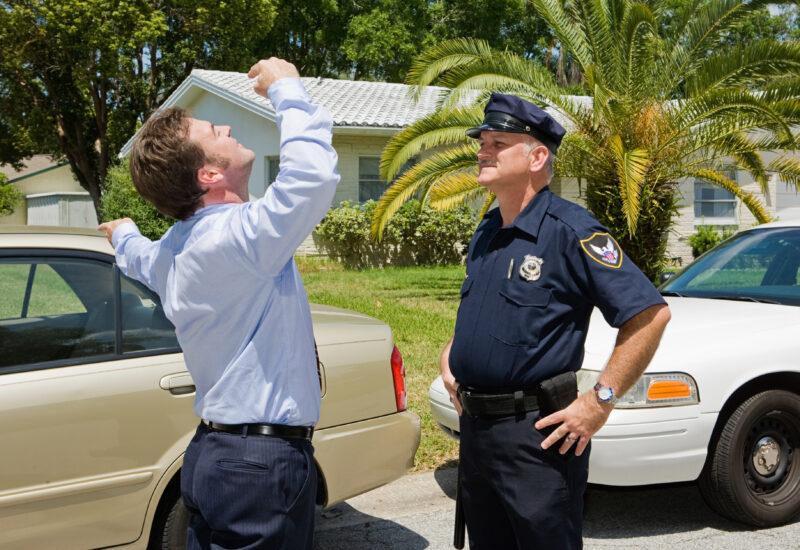Every day, the media reports on big high profile criminal trials that make for great TV drama. We watch movies and TV shows depicting intense, exaggerated trials but the beginning of a trial is often left off of the script. One may often wonder how charges are actually brought and what happens between the arrest and trial.
Although each State has its own procedures in bringing criminal charges against a criminal defendant, the most common way a criminal trial can start is through a document called the “information.” This document is written by the prosecutor and is somewhat similar to a complaint in a civil trial. After probable cause is found in the preliminary hearing, the information is filed. In it, the prosecutor describes what happened in a series of statements, and then shows how the defendant’s actions are crimes. The substance of the information can come from police reports and other documents produced through police investigation, but it can also come from complaints brought by citizens. In most states, a case may proceed to trial after felony or misdemeanor charges are brought by information. In the federal system, a prosecutor can bring misdemeanor or felony charges by information (if a grand jury is waived).
Another way a criminal trial can start is by indictment through a grand jury. A prosecutor will review evidence gathered by the police and give that evidence to a jury. The jury will then decide if the defendants should go to trial. A prosecutor might choose this method if she is not sure she will succeed in a criminal trial, and considers the grand jury proceedings as a test trial. In the State of Washington, a grand jury system does not exist, except for in a Federal case.
The third way to bring criminal charges is the most straight forward. A police officer may see someone committing a minor crime, such as speeding, jaywalking, or littering, and write up a ticket, also known as a citation. Citations can only be used to charge someone with an infraction, which are minor cases compared to a criminal charge and are generally not punishable by prison. The person who receives the ticket has the opportunity to contest it, or can just pay a fine to end the proceedings.
If you or a loved one is in a bind as a result of a criminal charge, immediately contact a Seattle Criminal Attorney. A Criminal lawyer is not going to judge you, and understands that everyone makes mistakes. Hiring a Seattle Criminal Lawyer to help can – at a minimum – reduce penalties, and can help direct people on how to best deal with their criminal charge, and many times even get them dismissed. So it should go without saying that someone cited for a misdemeanor or felony should hire a qualified Seattle Criminal Lawyer as soon as possible. Criminal charges can cause havoc on a person’s personal and professional life. Anyone charged with a crime in Washington State should immediately seek the assistance of a seasoned Seattle Criminal Lawyer.


